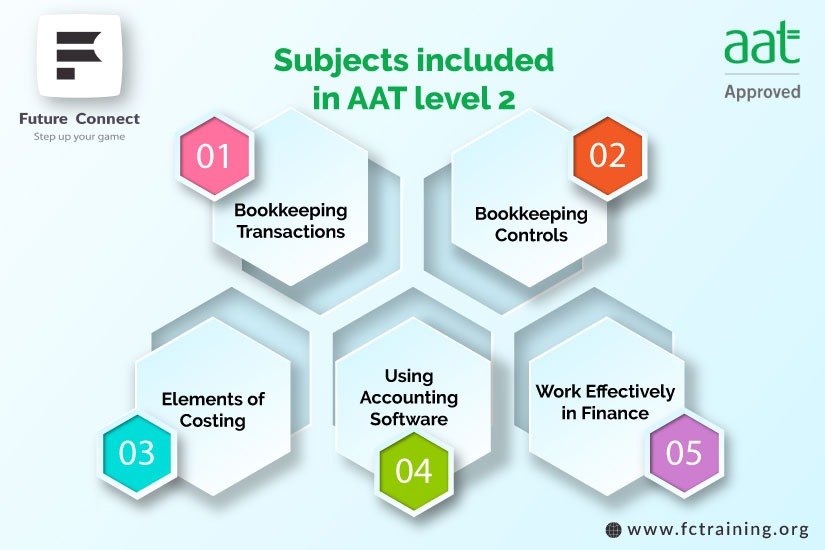Structured Query Language (SQL) is the backbone of data management and is a fundamental skill for anyone working with databases or interested in data analysis. Learning SQL opens up a world of opportunities future connect training in the realms of data science, business intelligence, and software development. Whether you’re a seasoned IT professional or a newcomer to the world of data, here’s why taking a SQL course is a smart investment in your career.
1. Foundation of Data Management
SQL is the standard language used to communicate with and manage databases. By mastering SQL, you gain a solid foundation in data manipulation and retrieval. Understanding SQL syntax allows you to write queries to extract specific information from databases efficiently. This skill is essential for anyone working with large datasets, as it provides a structured approach to managing and organizing information.
2. In-Demand Skill
In today’s data-driven world, the demand for professionals with SQL proficiency is higher than ever. Employers across various industries actively seek individuals who can harness the power of data through SQL. Whether you’re aiming for roles in data analysis, database administration, or software engineering, SQL expertise is often listed as a prerequisite or highly desirable skill in job postings.
3. Versatility Across Platforms
SQL is not tied to any specific database system. While there are variations in syntax and advanced features between different SQL implementations (such as MySQL, PostgreSQL, or Microsoft SQL Server), the core concepts remain consistent. Once you understand SQL fundamentals, you can apply your knowledge to work with a wide range of database platforms, making you adaptable and versatile in the rapidly evolving tech landscape.
4. Effective Data Analysis
SQL empowers you to perform complex data analysis tasks efficiently. With SQL, you can aggregate, filter, future connect training and transform data with ease, enabling you to derive valuable insights from raw datasets. This capability is invaluable for businesses looking to leverage data-driven strategies to optimize operations, enhance decision-making, and gain a competitive edge in the market.
5. Career Advancement
Acquiring SQL skills can significantly enhance your career prospects. Professionals proficient in SQL often enjoy higher earning potential and greater opportunities for career advancement. Whether you’re looking to transition into a data-focused role or aiming for managerial positions within the technology sector, SQL proficiency can be a game-changer in your career trajectory.
6. Practical Learning
Many SQL courses are designed to provide hands-on experience with real-world databases and scenarios. Through interactive exercises and projects, you’ll not only grasp theoretical concepts but also develop practical skills that you can immediately apply in professional settings. This experiential learning approach ensures that you gain proficiency in writing and optimizing SQL queries.
7. Gateway to Specialized Domains
Proficiency in SQL opens doors to specialized domains such as data engineering, business intelligence, future connect training and data warehousing. These fields rely heavily on SQL for data integration, transformation, and reporting. By mastering SQL, you pave the way for exploring advanced topics and technologies that are crucial for building robust data infrastructure and driving data-driven decision-making processes.
8. Continuous Learning and Development
SQL is a foundational skill that complements other technologies and disciplines in the realm of data science and analytics. As you progress in your career, SQL proficiency will serve as a stepping stone to mastering advanced database concepts, big data technologies, and machine learning algorithms. It’s a skill that evolves alongside technological innovations, ensuring that you stay relevant and adaptable in the dynamic world of data.
Conclusion
Investing your time and effort in learning SQL through a structured course is a strategic decision that can accelerate your career growth and open up diverse opportunities in the data-centric landscape. Whether you’re aiming to become a data analyst, database administrator, or software developer, SQL proficiency will equip you with essential skills to succeed in the digital age. Take the plunge into the world of SQL, and unlock the power of data management and analysis like never before!


